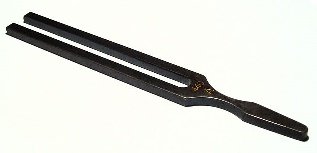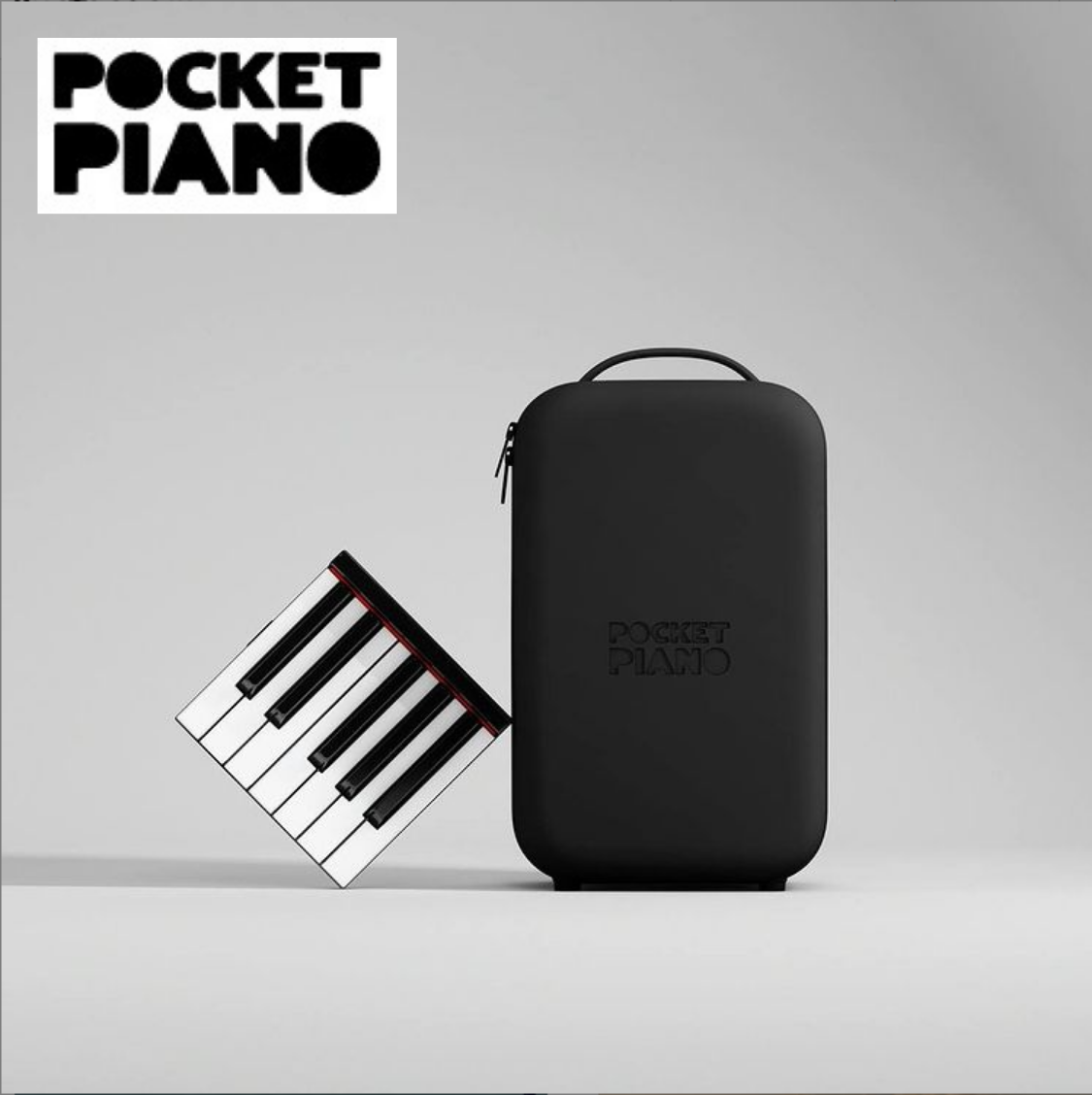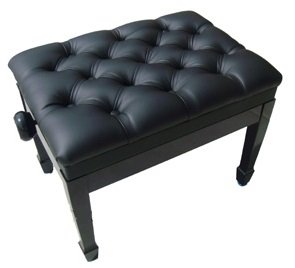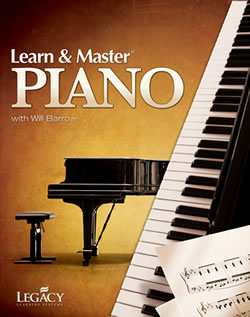Searching for a
Professional
Piano Tuner?...
Learn What Comprises a
SUPERIOR Piano Tuning vs.
A "Mediocre" Tuning, At Best

A professional piano tuner has one of the most demanding jobs in the world. Not only must he / she satisfy the demands of the piano owner, but the feedback of the piano itself, as well as the aural preferences of his / her well trained ear.
Piano tuning adjusts the tension of your piano's 220+ wires ("strings") to the correct pitches and frequencies - both individually and collectively - to achieve a well balanced, musical, and stable result.
Every piano tuner's secret:
"Different piano tunings produce different results."
A piano tuner has developed his trade through (1) thousands of hours
of practice, (2) countless years of training, as well as (3) thousands
of piano tuning sessions in the field.
A piano tuner is humble enough to admit that he / she is not the final judge of a piano's tuning - but rather the client, the audience, as well as the tools used to measure a piano's tuning can give a real assessment of his / her labors.
A piano tuner may use an ETD (Electronic Tuning Device) to measure a piano's pitch to the 1/000 of a semi-tone; however, a well trained piano tuner / technician is able to verify all of his work by ear, before the piano is given up to the piano owner... or showcased by a pianist to a distinguishing, quiet auditorium of listeners.
A seasoned technician takes his / her time to attentively listen to all 88 keys and their respective "aural checks" against other notes across the keyboard.
Piano tuning is more than simply an “art” for the seasoned professional. A skilled piano technician knows several factors influence the final outcome of a high quality, solid, and stable piano tuning.
Among professionals, piano tuning is known to be both an art and a science. Combined with well-developed technical skills and aural (“listening”) techniques, a piano tuner's main objective is to produce a beautiful, balanced, dynamic, and musical tuning to the human ear.
"How Many Tuning Pins Does a Piano Have?... Times How Many Notes?"
Piano tuning is more than just a procedure to tighten or loosen the 200+ wires, coiled around separate tuning pins, held in place by friction, in a piano's wooden pinblock.
When a piano goes "out of tune" you will often hear that 'twangy', 'wavering', pulsing, off-register sound as you press a single key. This means that a note's unisons are unequally balanced, or rather, are out of tune with each other.
- Most notes have 3 strings, known as "unisons". The tension of these unified strings must be equally stretched, adjusted, and tuned to the same frequency, without being stretched more or less than its 'siblings'. Otherwise, the siblings begin to 'cry' and to behave 'wildly'. No easy task by any means!
Unisons unequally stretched and adjusted, can cause an otherwise 'in-tune' piano to sound out of tune to the hearing ear.
- Notes in the bass register, possess only one or two copper wound steel wires, which in turn produce lower frequencies.
In the case of a pitch raise, over 220 pins are meticulously calculated, stretched, tuned, and adjusted, before the piano can arrive within the range of a stable, fine concert tuning.
After adjusting a note's frequency against the beats of a starting note, a piano tuner must individually “lock” every pin into place AFTER (1) finding the proper frequency of a note, and AFTER (2) balancing that note in relation to other notes.
This three-fold skill of (1) listening to two notes' pitch, (2) adequately stretching a string in question, and (3) locking in the pin, requires a skilled piano tuner's knowledge and expertise, which is the result of tuning 1,000s of different pianos, through years of experience and practice.
...
The seasoned piano tuner knows how to go back and forth across the keyboard, checking and rechecking, to make sure the note in question is not only in tune with itself, but with other notes.
So as you are listening to your piano tuner repeatedly going at a note UNTIL the perfect pitch is found, know that he/she is accomplishing several tasks at once, ensuring that your piano receives the best tuning possible, to the human ear.
In short, the piano tuner must ensure that:
(1) Frequencies are balanced across the keyboard, with other notes and note intervals.
(2) Unisons are heard as "pure" with each other (unisons are defined as notes with 2 or 3 wires).
(3) Tuning pins are locked solidly into place, without twisting ("flagpoling") or slipping out of place from the string's massive tension - and the pinblock's grip.
"Piano tuning pins are seated where?"
Piano tuning pins are "seated" or “locked into place" via friction in a piano's pinblock -- a >1 1/4 to 2" thick slab of wood, seated underneath a piano's cast iron plate.
Pins are driven into this block of wood, which normally lasts up to six or seven decades on most pianos, under normal conditions and use.
Interesting Fact: Most concert grand pianos are tuned more frequently in one year, than an average piano during its entire lifetime! Moreover, the wires (and pinblock) in a concert grand are replaced once every 5 to 20 years, or sooner, as opposed to once every 40 to 50 years, or longer.
After adjusting a note's correct frequency in relation to the beats of a starting note, a piano tuner must individually “seat” every pin into place AFTER (1) finding the proper frequency of a given note, and AFTER (2) balancing that note in relation to other notes / intervals.
Imagine this procedure going on over 200 times, over the span of a piano's 88 keys, multiplied by two (as in the case of a pitch raise).
To reemphasize an aspect of the 'superior piano tuning':
As you are listening to your piano tuner repeatedly going at a note UNTIL that perfect pitch is found, know that he is accomplishing several tasks at once, ensuring that your piano receives the best tuning possible.
Contact us today! Hire an affordable piano tuner to your delight!
Imagine crystal clear, bell-like, well-balanced tones coming from a once dead, lifeless, and out-of-tune instrument - your piano.
Many pianos owners are surprised to hear the difference and improvement in their piano's pitch and tone, simply after a minor pitch correction, with the pitch being raised by only a small amount.
This can be true in your case, by hiring one of our seasoned technicians, who want your piano to sound the very best it has sounded in years.
Feel free to contact us to set up an appointment for a day, a time, and a price that works best for you.
We already live and work in Riverside, San Bernardino, and Orange County CA, so we are not very far away by any means.
Feel free to reach us by phone or hire a piano tuner through our Appointments page today!
~Total Piano Care
SUBSCRIBE TO OUR FREE EZINE:
Support our site at no cost to you. Make your Amazon purchases by clicking through this link, here.







 Click Here to View our Terms and Conditions
Click Here to View our Terms and Conditions